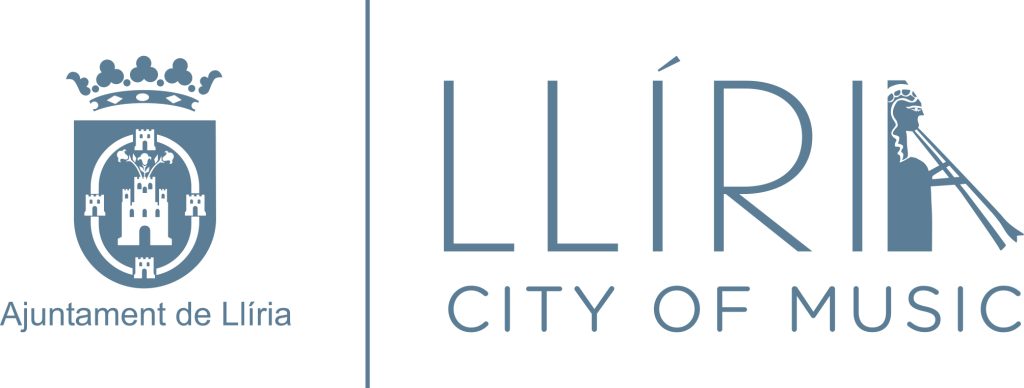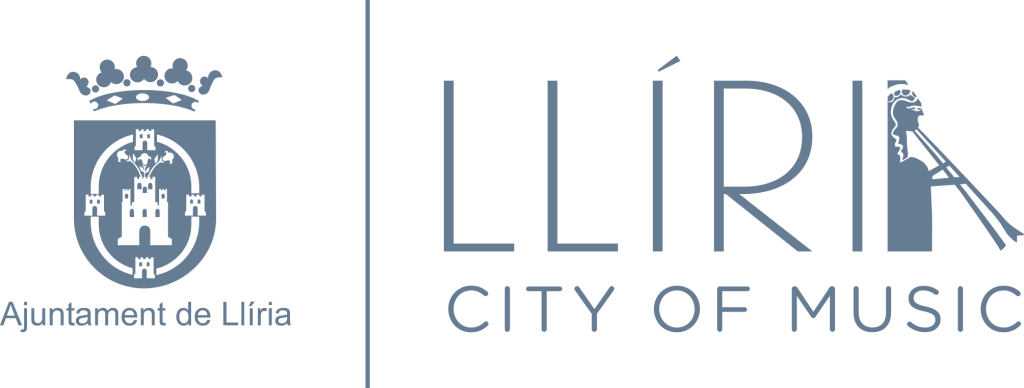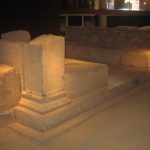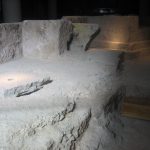Ateneu Musical i d’Ensenyament Banda Primitiva
La Banda Primitiva de Llíria was founded in 1819 by the Franciscan Father Fray Antoni Albarracín Enguídanos and is, without doubt, the oldest civil band in the State.
In 1888 it competed for the first time in the Valencia Competition, winning first prize. This award has been repeated many times throughout the last century.
From its beginnings to the present day, the Banda Primitiva has performed countless concerts, cultural events, parades, etc. They have performed in practically all Spanish cities and in several European countries such as Germany, Belgium, France, Holland and Switzerland; in North America such as the United States (New York and Los Angeles) and in Asia such as China (Beijing and Shanghai).
It has been directed, in addition to its regular directors, by some of the most prestigious European conductors such as Sergiu Celibidache, Desirée Dondaine, Odón Alonso, Rafael Früebeck de Burgos, Jan Molenar, Luís Cobos, Manuel Galduf , Jan Cober and Plácido Domingo.
In charge is Don Javier Enguídanos Morató, since March 2014
Remarkable participations
and commemorations
- Participation in the Barcelona Music Bands Contest, on the occasion of the International Exhibition of 1929, obtaining the first prize.
- Opening of the current Concert Hall Theatre on 23rd September 1951.
- First Prize and Honourable Mention at the Kerkrade International Music Competition in 1962.
- First Prize, Honourable Mention, Town Hall Flag and Golden Trumpet of the Foreign Ministry of Czechoslovakia at the International Music Competition of Kerkrade in 1966.
- In 1981 it participated in the commemorative events of the Día de la Hispanidad in New York.
- First Prize and Mention of Honour in the International Competition of Valencia 1986 (first centenary of the Competition)
- First Prize and Mention of Honour in the International Competition of Valencia 1988 (centenary of the first prize obtained by the society in the mentioned competition)
- Re-opening on 22 June 1991 of the restored Theatre-Concert Hall.
- Participation in 1992 in the Tournament of Roses in Pasadena (Los Angeles), on the occasion of the V Centenary of the Discovery of America
- Concert tour in 2002 in the Chinese cities of Beijing (Beijing) and Shanghai. Being the first and only Spanish band that has performed in this country
- In November 2003, the “Friends of Music” Trophy was awarded by the Santa Cecilia Band from Pozo Estrecho (Murcia).
- First prize, Honourable Mention and Trophy in the XXXII Certamen Internacional de Bandas de Música Villa de Altea on 29th November 2003.
- Awarded on 5th March 2005 by the Valencian Radio and Television group the Prize for the Best Musical Society of 2004.
- First Prize and Best Band of the Valencian Community in the International Competition of Valencia held on 9 July 2005.
- Awarded on 3rd December 2005 by the “M.I. World Academy of Science, Technology, Education and Humanities” of the 2005 Academy III Millennium Music Award.
- On 26th March 2011, the Band gave a concert to commemorate the inauguration of the new facilities.
- On June 25, 2011, the Band performed at the National Auditorium of Music in Madrid together with the Band from Pozuelo de Alarcón, being the first Band from the Valencian Community to perform at that venue.
- First Prize, Honourable Mention in the 125th International Music Competition of Valencia 2011, under the baton of Miquel Moreno Guna.
On 9th October 2012, it was awarded the Medal of Cultural Merit of the Generalitat Valenciana. - In February 2014 the company received the “Bé d’Interés Cultural” denomination on an individual basis, according to Order 1/2011, of 12 July, from the Conselleria de Turisme, Cultura i Esport.
- On 8 February 2014 Maestro Plácido Domingo conducted our Banda Primitiva, naming him Honorary Conductor in that act.








